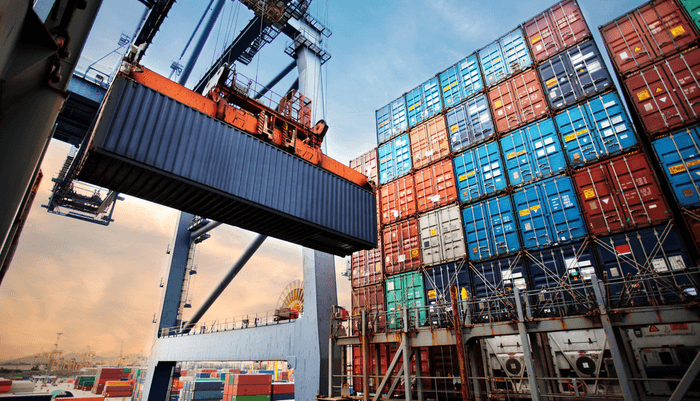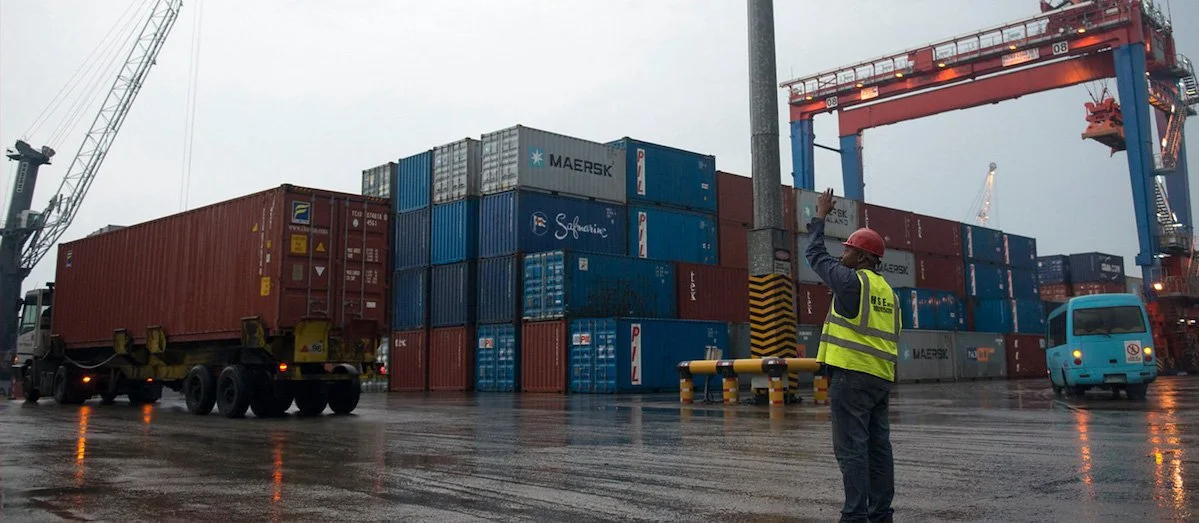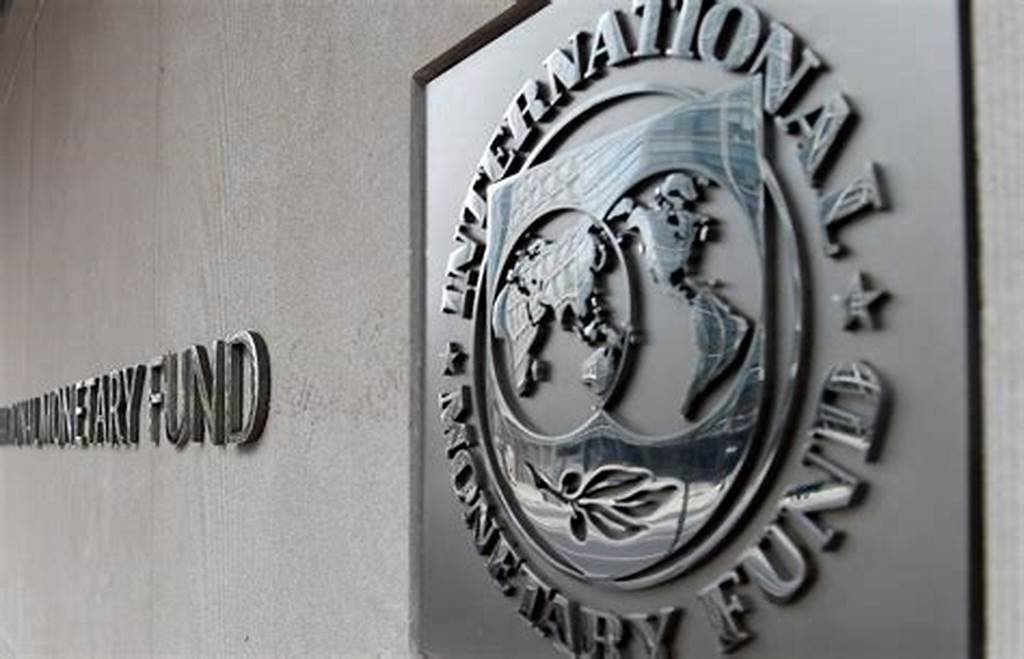Understanding Nigeria's Raw Material Imports Surge: Implications and Recommendations
In 2023, Nigeria witnessed a notable surge in the importation of raw materials, marking a 25% increase to N3 trillion, as reported by the National Bureau of Statistics' Foreign Trade Statistics data. This rise in imports contrasts sharply with the country's raw material exports, which stood at N1.8 trillion between 2022 and 2023, resulting in a substantial trade deficit of N3.6 trillion.
Major imported raw materials during this period included cane sugar, lubricating oils, milk preparations containing vegetable fats and oils, and odoriferous substances mixtures. This surge in imports has raised concerns, particularly within the manufacturing sector, where over-reliance on imported raw materials has long been perceived as a hindrance to economic growth.
Muda Yusuf, CEO of the Centre for the Promotion of Private Enterprise, attributes the increase in raw material imports, particularly in naira terms, to the depreciation of the national currency. He explains that the depreciation of the naira has inflated the cost of imported goods, leading to a significant rise in import expenditures, even though the volume of imports may not have increased substantially in dollar terms.
Manufacturers, over the years, have decried the adverse impact of over-reliance on imported raw materials on the Nigerian manufacturing sector. Mansur Ahmed, former President of the Manufacturers Association of Nigeria (MAN), highlighted that excessive dependence on imported materials has weakened the sector's competitiveness and hampered its growth potential.
To address this challenge, Ahmed emphasized the need for a concerted effort towards backward integration, import substitution, and infrastructural development. He advocated for a robust public-private partnership aimed at incentivizing local production, reducing reliance on imports, and fostering industrial transformation.
Moreover, MAN has expressed concerns over the recent monetary policy adjustments by the Central Bank of Nigeria, particularly the hike in the Monetary Policy Rate. The association warned that limited access to credit resulting from these measures could further impede efforts towards backward integration, research, and development, essential for enhancing productivity and fostering rapid industrial-led economic growth.
In light of these developments, MAN has called for policies that incentivize investment in backward integration and local sourcing to reduce the country's dependence on imported products and raw materials. This, they argue, will not only alleviate pressure on foreign exchange reserves but also stimulate domestic production, create employment opportunities, and spur economic development.
As Nigeria navigates its economic landscape, addressing the challenges posed by excessive import dependency on raw materials remains critical for achieving sustainable growth and development. It is imperative for policymakers and stakeholders to prioritize initiatives that promote local content development, enhance industrial competitiveness, and foster economic resilience.









